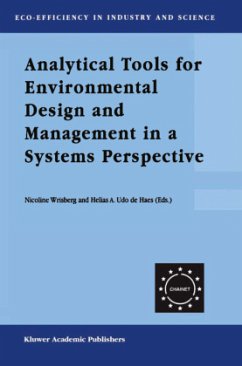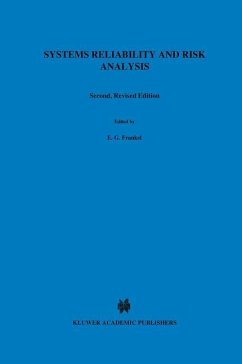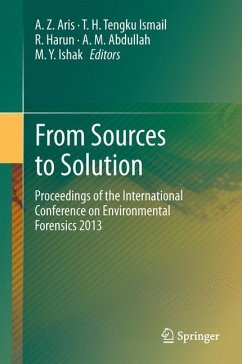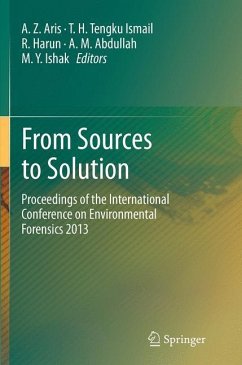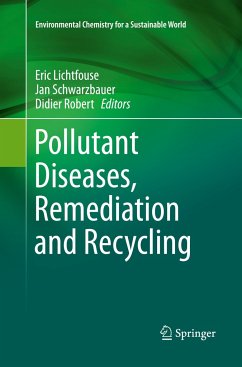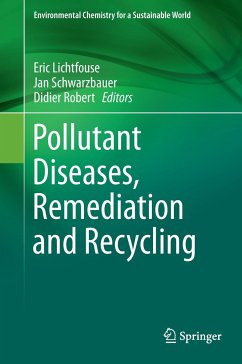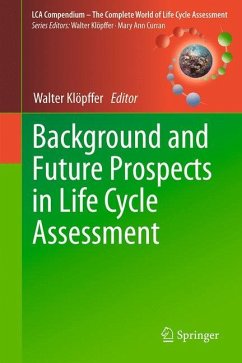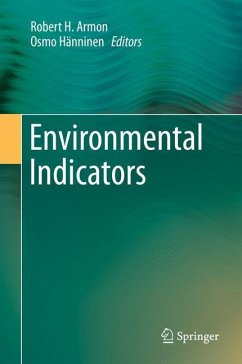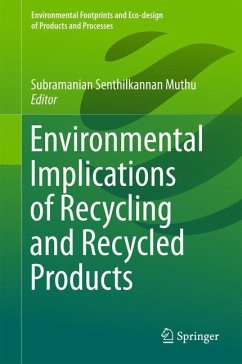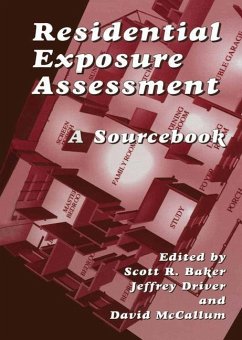
Residential Exposure Assessment
A Sourcebook
Herausgegeben: Driver, Jeffrey; Baker, Scott R.; McCallum, David

PAYBACK Punkte
38 °P sammeln!
Residential Exposure Assessment: A Source Book is the result of a multiyear effort known as the Residential Exposure Assessment Project (REAP) which was initiated by the Society for Risk Analysis and the International Society of Exposure Analysis. This textbook is the primary product of the REAP and it contains contributions from over 30 professionals from a variety of disciplines such as chemistry, biology, physics, engi neering, industrial hygiene, toxicology, pharmacology, and environmental law, reflecting the diverse knowledge and resources necessary to assess and manage potential exposure...
Residential Exposure Assessment: A Source Book is the result of a multiyear effort known as the Residential Exposure Assessment Project (REAP) which was initiated by the Society for Risk Analysis and the International Society of Exposure Analysis. This textbook is the primary product of the REAP and it contains contributions from over 30 professionals from a variety of disciplines such as chemistry, biology, physics, engi neering, industrial hygiene, toxicology, pharmacology, and environmental law, reflecting the diverse knowledge and resources necessary to assess and manage potential exposures occurring in and around the home. Expert working groups were organized for each of the 13 chapters to address such issues as U. S. legislation relevant to products used in and around the residence, methods for measuring and modeling exposures across multiple pathways and routes, and distributional data available for key residential exposure factors. This volume is a compendium of information about predictive methods and tools, monitoring methods, data sources, and key variables that characterize exposures in the residential setting. It presents approaches for doing exposure assessments in and around all types of residences. The purpose of the Source Book is to provide a resource for use in educational programs and for "practitioners" of residential exposure assessment. Accordingly, this book is intended for risk assessors, exposure assessors, students, initi ates new to the concept of risk assessment, industrial hygienists assessing health hazards in the home, engineers, and monitoring specialists.





